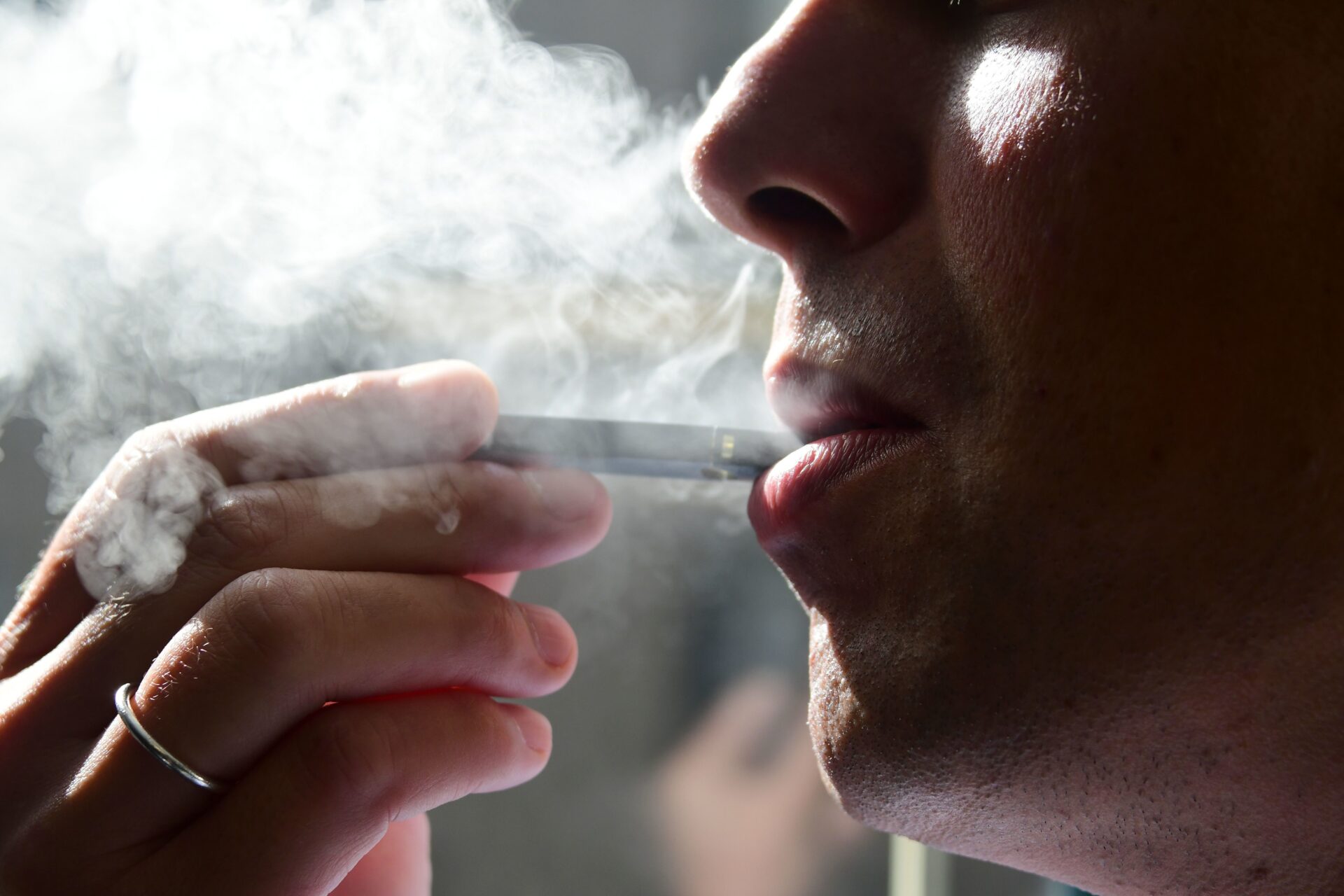Advocates asked lawmakers to reduce the burden of cancer on West Virginians by increasing funding for the state’s tobacco control program on Cancer Action Day at the Capitol.
Linda Hart, state lead ambassador for the American Cancer Society Cancer Action Network, lost her first husband to lung cancer 25 years ago.
“That’s one of the main reasons I’m here,” Hart said. “I also lost my dad to lung cancer. It actually was 33 years ago yesterday since he passed away from lung cancer. So that’s my mission to come and share my story.”
Hart said she wants legislators to support legislation that prevents youth from trying tobacco products.
“We need to do more to prevent smoking among our young people,” Hart said. “If they don’t start, they don’t have to try to quit.”
Hart said she spent time at the capitol educating lawmakers on House Bill 4983 which would fund the Tobacco Use Cessation Initiative.
“And we have, we have us one sponsor and eight or nine others that have co-signed on, so we’d like to get them all on board for it,” Hart said.
Doug Hogan, government relations director for the Cancer Action Network, said the most important part of Cancer Action Day is connecting their volunteers with lawmakers.
“So that they can share their stories with their legislators, they’re meeting with their delegates, they’re meeting with their senators, and they’re sharing their stories and why they’re so passionate about policies that will help us end cancer as we know it for everyone,” Hogan said.
Hogan said House Bill 4983 would set aside $5 million in funding dedicated to tobacco prevention and cessation.
“We think that’s a great start with those funds,” Hogan said. “And that infusion of monies, we can really make a dent in the prevention aspects. What we want to do is take a step back and look at prevention.”
Hogan said the funds would be used to keep kids from experimenting with vaping or tobacco products and provide resources for adults who want to quit.
“So we’ll be able to as well avert health care costs for businesses as well as this investment,” Hogan said. “So that’s what we’re looking for really is just an input least investment in tobacco prevention and cessation, we feel that with that increased investment, we can protect our kids so they don’t grow up into being addicted to adults.”
According to the American Cancer Society Cancer Action Network, smoking remains the leading cause of preventable death in West Virginia and the state has the highest adult smoking rate in the country.
